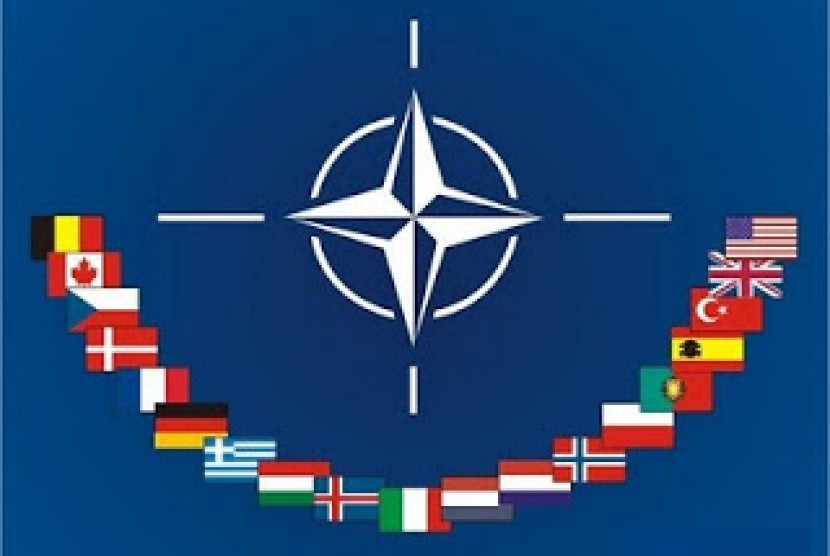REPUBLIKA.CO.ID, BRUSSEL -- Cooperation between NATO and Kuwait is based on mutual interests and tackling difficult challenges faced by member nations and their partners, said a leading official from the 28-nation Alliance.
Head of the Energy Security Section at NATO's Emerging Security Challenges Division Michael Ruehle said that one of the major challenges was "non-military threats."
This includes those which undermine the supply of energy sources, climate change, the financial crisis and the cyber threat, which "has become a major concern."
Of the several roles of his office, he said this included creating practical simulated scenarios for application especially in the cyber domain, working with the private sector to find web solutions and researching substitute energy sources.
Ruehle added that in light of the financial crisis, NATO has looked to its partners to help it share the financial burden on non-military needs like training, for example.
NATO is bound by partnerships with 42 nations, four of whom are GCC states, like Kuwait, Qatar and the United Arab Emirates, and another seven Arab states like Egypt, Jordan and Tunisia.
These NATO partnerships - Istanbul Cooperation Initiative, Mediterranean Dialogue and Partnership For Peace - could unite faraway countries under one banner, he said.
"In (the revolution of) Libya, for example, there was air military cooperation between Sweden, Qatar and the United Arab Emirates," he explained, suggesting that partnering with NATO represents "a good investment on the long run for a united world."
Asked about whether any of these nations could join the Alliance in the future, he said it would be "impossible" as this can only be considered by European countries.
On whether Russia could join, he said, "it can, as parts of it are in Europe," with the same applying to Ukraine.
Russia had been a NATO partner up until last Wednesday, when the Alliance decided to disassociate itself from the country on the backdrop of reports of Moscow's occupation of Ukraine's Crimea region, an accusation that Russia vehemently denies.
For his part, US Secretary of Defence Representative for Europe and Defence Advisor for the Permanent Representative to the North Atlantic Council in the US mission to NATO, Robert Bell said that the Alliance may cooperate with its partners on tackling cyber threats if they requested such support through article four of its treaty.
However, this would need the approval of the 28 members, and would be on a "case by case basis, depending on the scale of the matter," and stressing that NATO does not look to resorting to launching attacks.
Internally, he confirmed that most NATO member nations have already conducted an update of their local cyber defences according to both European Union standards, and in the case of the United Stares, its own, both of which are similar.
This leaves only five nations, all of whom are working with NATO towards their own standards based on the two aforementioned models.
In conclusion, he underlined NATO's mission on the cyber spectrum to "defend its bases and operations" of 50 around the world.


